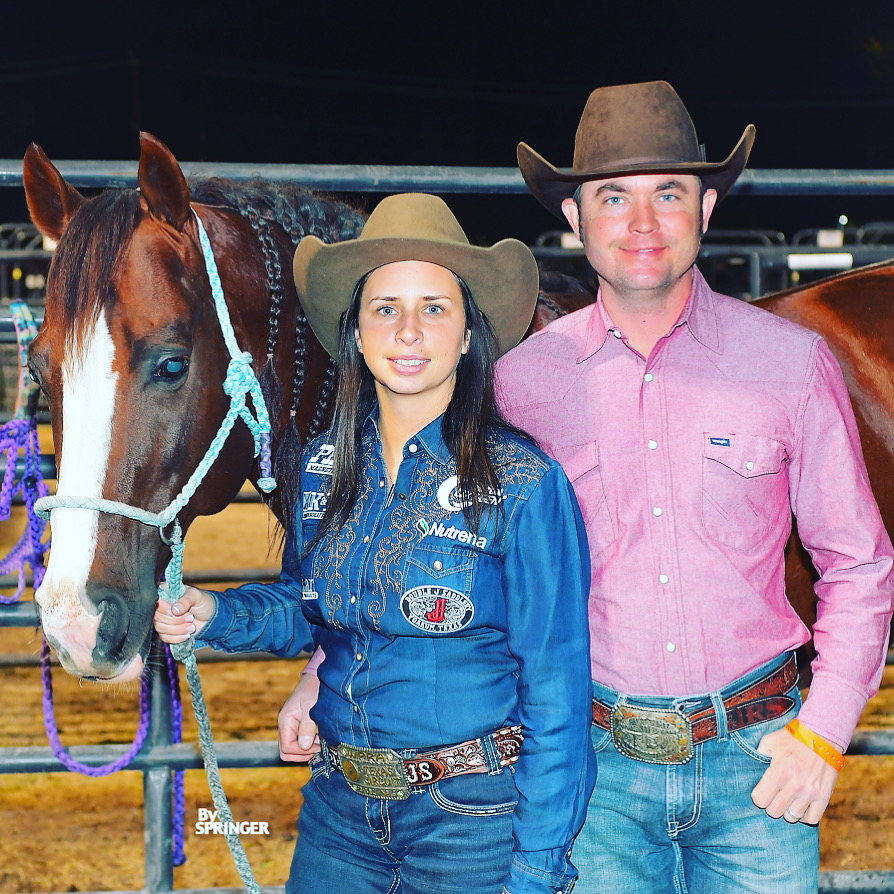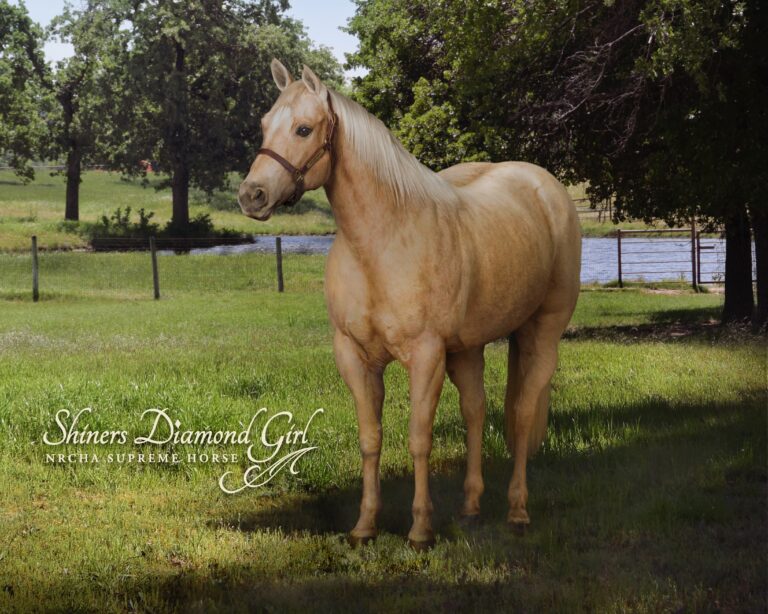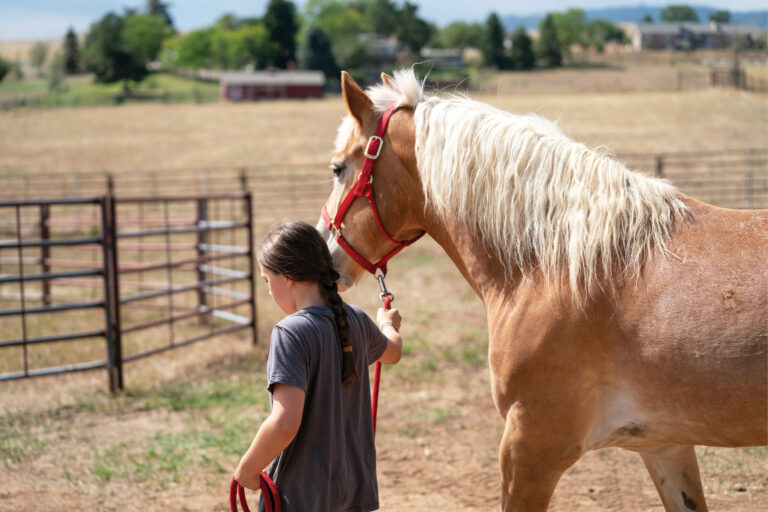KR Famous Tequilla was born to be a barrel racing horse—his pedigree says it all. But before “Tequilla” was cashing checks at barrel racing futurities and professional rodeos, the son of Dash Ta Fame out of a daughter by Chicks Beduino was winning money on the racetrack.
Breeder and original owner David Kidd knew the now 8-year-old stallion was going to be an extraordinary horse long before he had a saddle on him.
“His mother, Tequikillya, was special to me—I spent a lot of time team roping on her. So, when she died close to weaning Tequilla, we spent extra time with him,” Kidd says fondly about the stallion. “He was pretty special early on—he would leave the herd to get attention from people. He’d be laying in his stall and would expect me to sit there and pet him. He wouldn’t get up, he’d just look at me like, ‘Let’s have a seat and chat.’ He’s such a ham.”
Although Tequilla didn’t spend too much time on the track, he had 10 outs as a 2- and 3-year-old and had earnings of $3,555. With success on the track, he retired sound at the age of three, since his owners had other plans for his life. Tequilla was bred to be a barrel horse and he was at the age to start training for the barrel racing futurities.
“We raise barrel racing horses, but we didn’t train him as a barrel horse. Our ultimate plan was to race him on the track to help prove his mother, and then send him to the barrel pen,” explains Kidd when asked why the stallion had a short racing career. “Following his racetrack career, he was sold to professional barrel racer Jennifer Sharp at the Old Fort Days Futurity Sale in Fort Smith, Arkansas in 2014.”

Once in the hands of Sharp, Tequilla dominated at the futurities and rodeos. He won a check at almost every futurity he was entered in—making the short round at the Old Fort Days Futurity, placing at the Lance Graves Classic, and winning the Colorado Classic. As Tequilla transitioned from futurity horse to rodeo horse, Sharp found he excelled at the rodeos with muddy conditions.
“Tequilla tries anytime we enter the arena—he turns the first barrel every single time. He loves to run in the mud. The muddier the arena, the better he performs,” Sharp explains. “He’s just one of those horses that you ask him, and he just tries to do it.”
Tequilla proved to be the barrel-horse mount Sharp was needing, even helping her qualify for her first Wrangler National Finals Rodeo in 2019. While Sharp had a disadvantage heading into the WNFR with a hurt leg herself from a horse-related accident, the duo still managed to win more than $12,000 throughout the world-famous event. By the end of the year, Tequilla had earned more than $100,000 in lifetime earnings in his barrel racing career. However, don’t count this team out for 2020. Sharp has goals to repeat her 2019 year and go back to the NFR again.
[RELATED: TRAVEL TO THE NATIONAL FINALS RODEO]
“Because we qualified for the [2019] NFR, we were able to get into all of the big rodeos for 2020,” Sharp says. “I’d like to win enough money at the bigger rodeos so I don’t have to haul as much as I had to in 2019. Tequilla will get the call at for Houston and San Antonio; he’ll run at most of the big rodeos because he’s just so honest.”
[RELATED: TRAVEL TO HOUSTON RODEO]
While most racehorses are stereotyped as high-strung and pushy, not all racehorses are the same. Being off the track and a stallion, he was wound into all of the stereotypes. But Tequilla debunks them all—being around him most don’t even realize he’s a stallion.
“Being a stallion, he could be high-strung, but he’s just so understanding,” Sharp says admiringly. “He’s a natural barrel horse and has definitely made my life easier. From day one, he’s wanted to do it. You show him how to do something and he just wants to please you. Don’t be quick to judge a horse off the track, a horse is a horse. And it takes a great horse to make a great trainer.”






